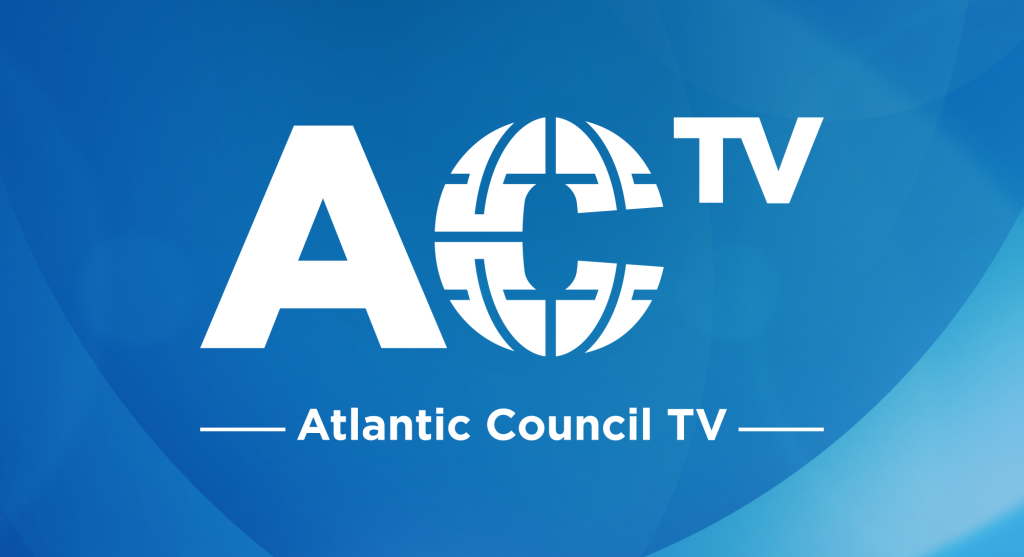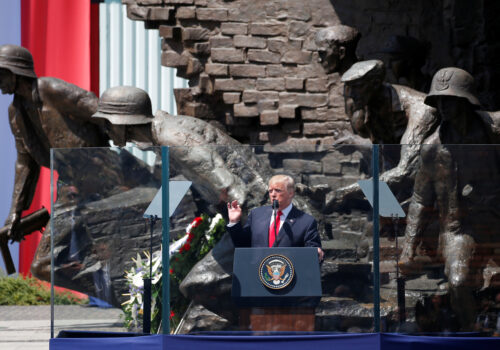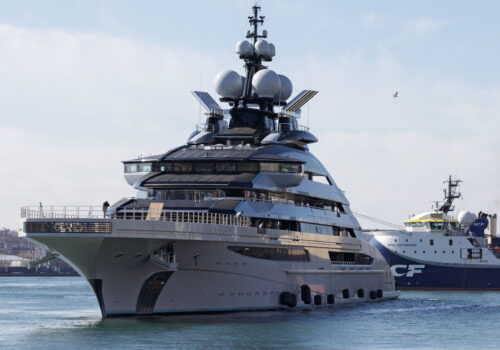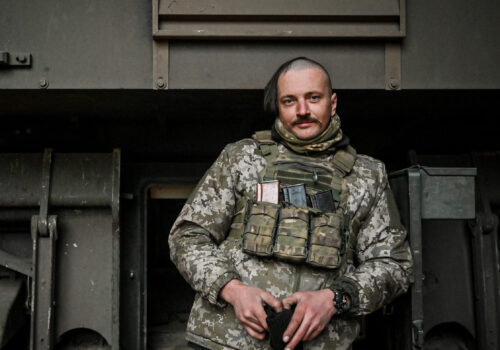Ukraine’s offensive into Russia’s Kursk Oblast has been a success. Ukrainian forces have captured over 1200 kilometers of territory, beaten back a Russian counteroffensive, and fortified their positions south of the Seim River to ensure control for an extended period.
Despite the concerns of the US government and some analysts, Ukraine’s actions in Kursk have compelled Russia to move forces not just from Zaporizhzhia and Kherson, but even from Pokrovsk, where Russian troops are advancing. Still, the Pokrovsk front remains difficult for Ukrainian forces.
At the same time, Ukraine has conducted successful drone attacks on Russian military bases, ammunition depots, and oil refineries; in a large-scale drone attack on September 18, Ukraine struck a major arsenal in Russia’s Tver region, causing an earthquake-sized blast. The Russian economy is stuttering, despite reports based on Russian statistics that the country’s GDP grew around 3% last year. Inflation is high and Russia’s government continues to overwork its economy’s capacity to produce goods and services amid aggressive military spending.
Despite successes on the battlefield, Ukraine faces an energy supply problem with winter approaching. Russia continues to target Ukrainian grain, schools, hospitals, and power plants across the country. Reports of Iran sending Moscow short-range ballistic missiles in September point to an imminent expansion of this air campaign and signals a deepening security partnership between Tehran and Moscow.
Please join the Eurasia Center for a discussion on the state of changing battlefield in Ukraine and Russia.
Speakers
Lt. Gen. (ret.) Douglas Lute
Practice Chair, International and Defense
BGR Group;
Director, Board of Directors
Atlantic Council;
Former US Ambassador to NATO
Jeffrey Sonnenfeld
Senior Associate Dean for Leadership Studies; Lester Crown Professor of Leadership Practice, Yale School of Management
Yale University
Lana Zerkal
Member
Ukraine Facility Platform Coordination Committee;
Former Deputy Minister of Foreign Affairs of Ukraine
Moderated by
issue spotlight

Europe in crisis
War in Ukraine
Experts from across the Atlantic Council are assessing the consequences of Russia’s February 2022 invasion, including what it means for Ukraine’s sovereignty, Europe’s security, and the United States’ leadership.
Presented by

The Eurasia Center’s mission is to promote policies that strengthen stability, democratic values, and prosperity in Eurasia, from Eastern Europe in the West to the Caucasus, Russia, and Central Asia in the East.
Atlantic Council TV

Watch this event and more content on ACTV
Follow the conversations shaping our world. Available on all major platforms.



